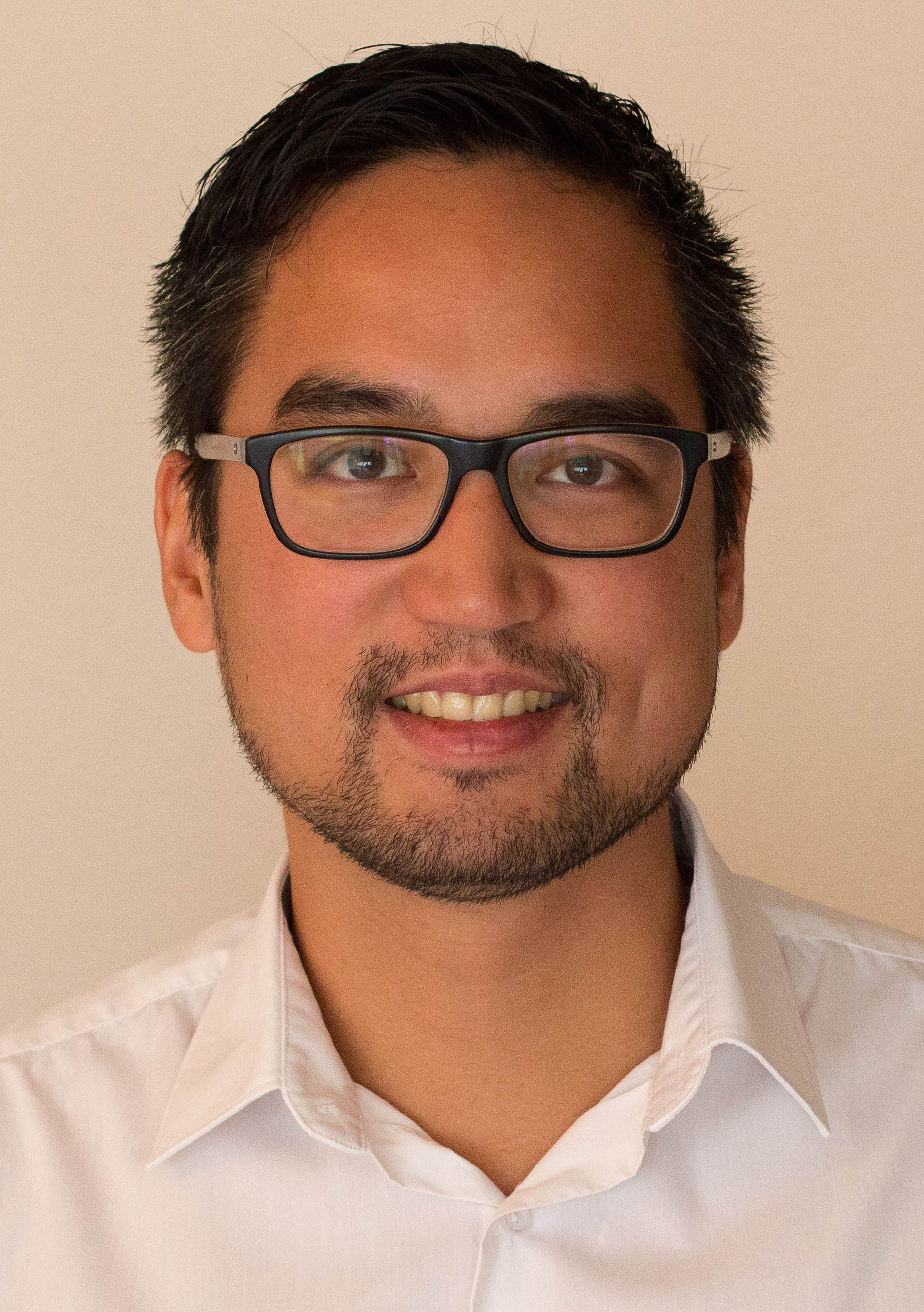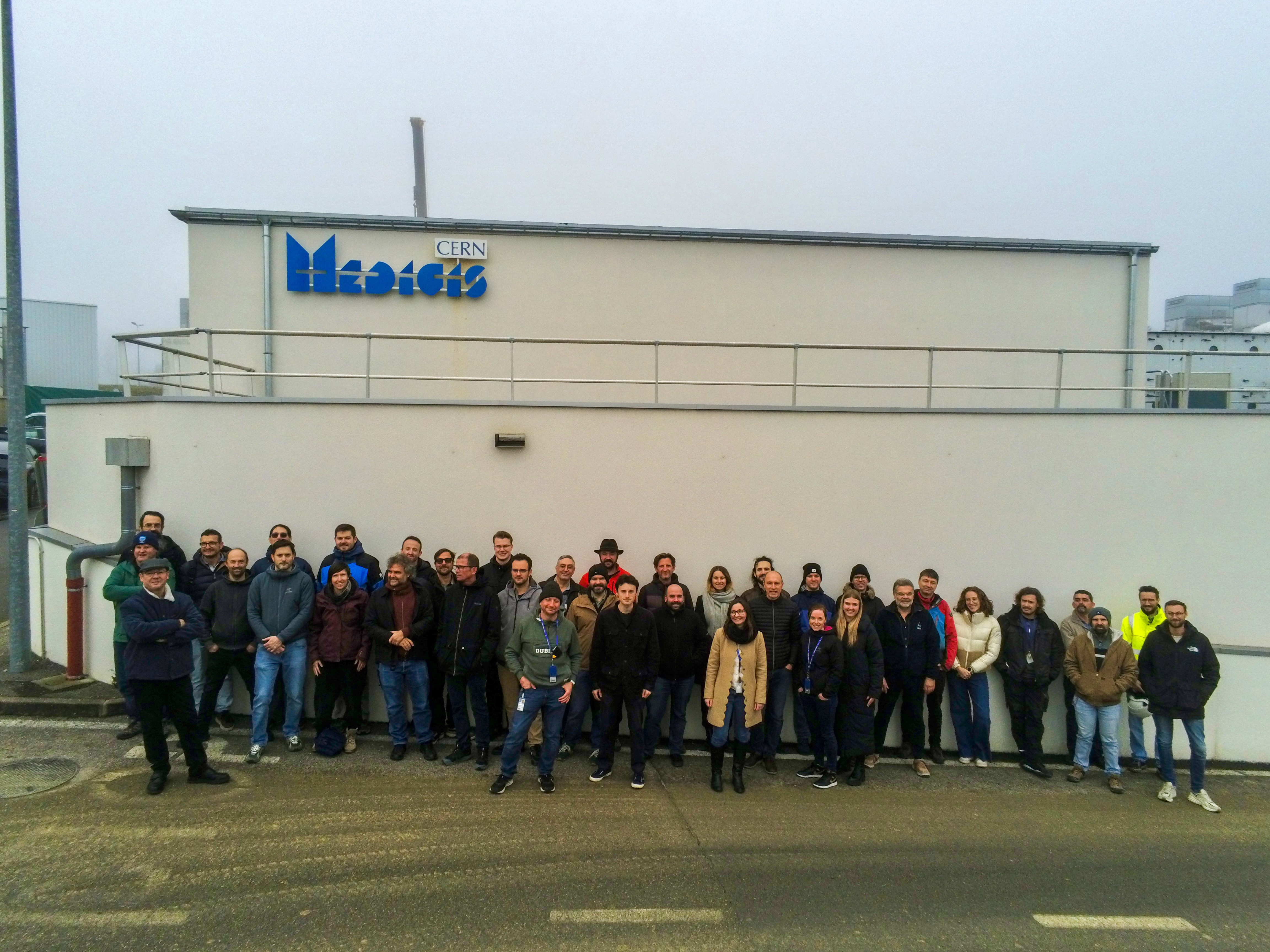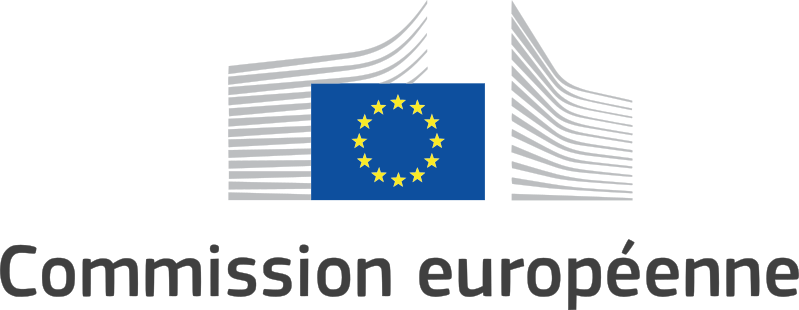ESR2
|
Nhât-Tân Vuong: ESR-2 Institution: CERN Nationality: Swiss |
|
Medical isotopes produced at the MEDICIS facility will shipped to partners of the MEDICIS collaboration, including research institutions, and university hospitals. In this project, a new radiochemistry laboratory will be set-up for the collection, chemical purification, quality control and packaging of mass separated medical radioisotopes. Infrastructures will be designed, purchased, and implemented, and safe operating procedures will be defined for the production of radioisotopes. At ISOLDE and MEDICIS, the production of isotopes is performed by irradiation of target materials. Depleted uranium carbide (UCx) is the most frequently used material (> 65% of beam time). While microstructured UCx offers better properties than uranium metal or oxide targets, uranium carbide is potentially pyrophoric and cannot be kept in this form for long-term storage. Therefore, a safe process for its conversion into oxide is required. Systematic investigations will be performed in order to develop a safe and controlled stabilization process. The new procedure developed here could be transferred to other facilities worldwide as a new waste disposal channel. |
Post no.
ESR 2
Duration
36 months
Work package
WP1, D1.5: Mass separation of innovative medical isotopes using CERN-MEDICIS
Recruiting partner
CERN, Switzerland
Objective
To define the proper operational conditions and safety boundaries for the production and shipping of radioisotopes from radioactive ion beams.
To develop a safe and controlled oxidation process for the disposal of uranium carbide target material.
Expected results
The CERN-MEDICIS facility is the first facility to start operation for the production of medical isotope batches by mass separation. The necessary engineering and documentation will be elaborated. This includes: the procedure and design of an isotope batch collection chambers; the design, specification, and installation of a radiochemistry shielded fume cupboard; the procedure and design of a radiochemical purification module.
Systematic investigations will be performed to define safe and controlled operating conditions for the stabilization and disposal of irradiated uranium carbide targets. Additional infrastructures for the safe handling and analysis of air sensitive materials will be purchased and installed. This includes: an inert atmoshpere nuclear glovebox, a coupled thermogravimetric-differential thermal analyser and a mass spectrometer.
Enrolment for PhD at
EPFL, Switzerland
Planned secondment(s)
GIP Arronax, France. 3 months. Development of a chemical separation process for the purification of cyclotron produced Cu-67 from enriched Zn target material.
IST Lisbon, C2TN, Portugal. 3 months. Characterization and thermal analysis of electrospinned uranium carbide nanofibers oxidation in air.



